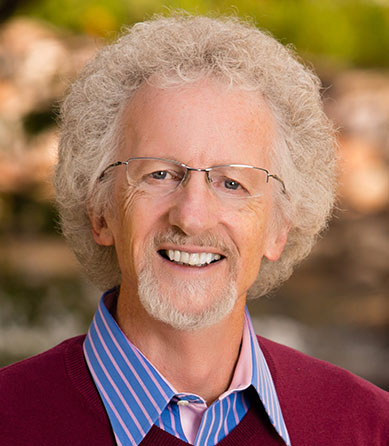Unrewarded
Most of us look to friends and colleagues for rewards: a slap on the back, a hero’s medal, applause, a sincere compliment. But according to Jesus, the more important rewards await us after death. It’s possible that the most significant human acts of all are carried out in secret, seen by no one but God. In a nutshell, the message of the kingdom is this: Live for God and not other people.
The Wonder Of Wilderness
The psalmists had an advantage in praise because of their closer tie to the natural world. David began life outdoors as a shepherd, then spent years hiding in the rocky terrain of Israel. Not surprisingly, a great love, even reverence, for the natural world shines through many of his poems. The psalms present a world that fits together as a whole, with everything upheld by a personal God watching over it.
Unanswered Prayer
The apostle Paul had one overriding desire: that fellow Jews would embrace the Messiah he had encountered. “I have great sorrow and unceasing anguish in my heart,” he said. “For I could wish that I myself were . . . cut off from Christ for the sake of my brothers” (Rom. 9:2-3 NIV). Yet in city after city his fellow Jews rejected him and the Christ he preached.
Worth The Effort?
I once resolved to read all 38 of Shakespeare’s plays in one year. To my surprise, fulfilling the task seemed far more like entertainment than work. I expected to learn about Shakespeare’s world and the people who inhabited it, but I found that Shakespeare mainly taught me about my world.
Pain No More
For a good portion of my life, I shared the perspective of those who rail against God for allowing pain. I could find no way to rationalize a world as toxic as this one.
Under God
Every parent knows the difference between rules designed primarily for the benefit of the parent and those designed for the benefit of the child. God’s rules fall into the latter category. As Creator of the human race, God knows how human society will work best.
Patience To Be Patient
Children want things now: “But I want dessert now!” “Are we there yet?” “Now can we open our presents?” In contrast, as we get older we learn to wait. Medical students wait through training. Parents wait in hopes that the prodigal will return. We wait for what is worth waiting for, and in the process we learn patience.
Abusing Grace?
Paul said in Romans 5:20, “Where sin abounded, grace abounded much more.” But that radical concept opens a theological floodgate. The biblical writer Jude warned that it is possible to “change the grace of our God into a license for immorality” (Jude 4 NIV). Why be good if you know you will be forgiven? Not even an emphasis on repentance erases this danger completely.
Money Worries
Of His words recorded in the Bible, Jesus has more to say on money than any other topic. Luke 12 offers a good summary of His attitude. He does not condemn possessions, but He warns against putting faith in money to secure the future. Money fails to solve life’s biggest problems.

